When we decide on a position, a number of errors in critical thinking begin to kick in: We tend to search for information that reinforces this position. We find it more difficult to imagine alternative positions. We develop a narrative to support our position, which likely includes many logical flaws. And - as I learned during the Summit Against Hate - we can become progressively more extreme in this position. The result is a rigid mentality that leads us to refuse calls to consider others' positions. At worst, it leads to hate, discrimination, and violence against one another.
The same pattern plays out in religion, society, business, politics, etc. It is the reason we have a political right and a political left. If you fall in either camp, you're guilty of it.
Ironically, no position is perfectly correct - we are always a little wrong. Yet we tend to stick with our original position because considering a different perspective is the part that FEELS wrong.
If we expect to solve anything where there are competing theories, ideologies, or positions, we must try to be wrong. It takes work to undo our position. To entertain an alternate theory, explore it, challenge our own logic, to humble ourselves to the realities of human cognition. If you hope to overcome hate, bias, or violence, to find the right solutions to our complex problems, or to simply resolve disagreements in the office, try being wrong.

